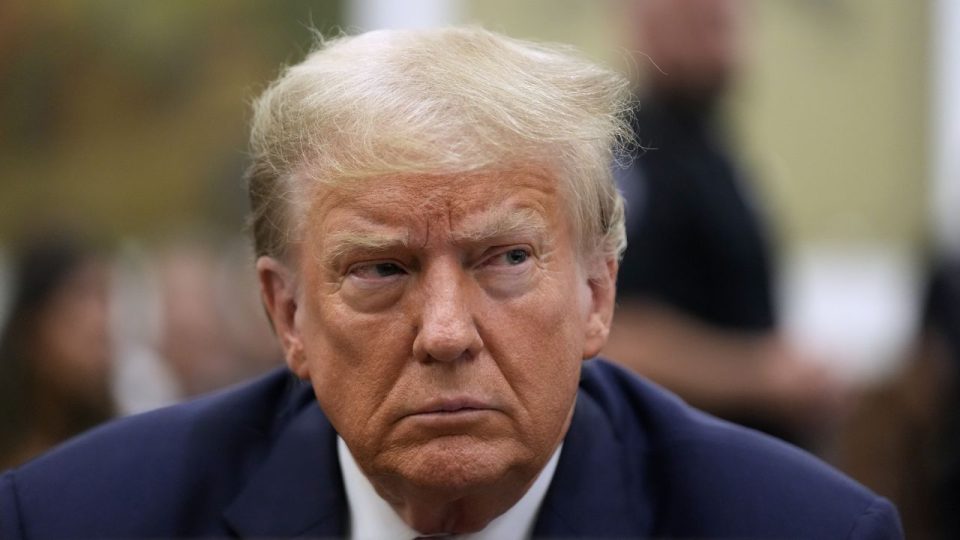Trump Demands Free Passage for U.S. Ships Through Panama and Suez Canals, Citing National Security and American Investment
Former U.S. President Donald Trump has stirred international attention with a bold statement demanding that all American ships—both military and commercial—be granted free passage through the Panama and Suez Canals. In a Truth Social post made on Saturday, Trump emphasized the historical and financial contributions of the United States to these key global trade routes and argued that U.S. vessels should not be subject to fees when transiting through them. The Panama Canal, which connects the Atlantic and Pacific Oceans, and the Suez Canal, which links the Mediterranean Sea to the Red Sea, are both critical chokepoints in global maritime trade, facilitating the flow of goods and military mobility across continents. Together, these canals account for significant portions of global shipping traffic, with the Suez Canal alone handling 10 to 12 percent of world trade.
Trump’s demand is rooted in his broader vision of reasserting American control and influence over vital international infrastructure. Reiterating long-held views, he criticized former President Jimmy Carter’s 1977 decision to hand over control of the Panama Canal to Panama as “a big mistake…a very big mistake” that, according to Trump, “cost us the equivalent of a trillion dollars.” He even went as far as suggesting the U.S. should consider “taking it back” if deemed necessary for national security. Trump has previously floated the idea of U.S. control over Greenland as well, highlighting his administration’s renewed focus on strategic assets around the world.
In the same Truth Social post, Trump declared that the U.S. was essential to the creation and maintenance of these vital waterways. “American Ships, both Military and Commercial, should be allowed to travel, free of charge, through the Panama and Suez Canals! Those Canals would not exist without the United States of America,” he wrote. Trump also said he had tasked Secretary of State Marco Rubio with resolving the matter immediately and ensuring it is formally recognized by international partners.
The move comes amid heightened concerns from U.S. officials about growing Chinese influence in strategic global infrastructure, particularly around the Panama Canal. U.S. Defense Secretary Pete Hegseth expressed deep concerns in February over China-based companies controlling ports at both ends of the canal, managed by a Hong Kong-based consortium. The consortium has since announced plans to sell its controlling stake, with the U.S.-based investment giant BlackRock Inc. reportedly among the interested parties. Hegseth emphasized the security risks posed by Chinese presence in the region, suggesting it undermines the sovereignty and safety of both Panama and the United States.
In the same month, Hegseth had claimed that Panama had agreed to waive fees for U.S. warships, but this statement was later denied by Panamanian President Jose Raul Mulino, causing further diplomatic ambiguity. Meanwhile, Marco Rubio hailed Panama’s recent exit from China’s Belt and Road Initiative, stating in a Fox News interview that it marked a significant diplomatic win for the U.S. and hinted at more upcoming developments that would benefit American strategic interests in Latin America.
While the Panama Canal Authority and Suez Canal Authority have not yet issued formal responses to Trump’s latest remarks—especially since they came outside of regular business hours—the statement has already reignited global conversations about sovereignty, international trade policies, and the role of great powers in managing the world’s most critical maritime routes.
As the situation evolves, updates are expected from Secretary of State Marco Rubio, who has taken an active role in reshaping U.S.-Panama relations since joining Trump’s administration. Whether Trump’s bold proposal translates into diplomatic action or sparks resistance from international stakeholders remains to be seen, but it undoubtedly places the spotlight on geopolitical control of global shipping arteries at a time of growing global tension.
For video news, visit our YouTube channel THE OLIGO.

